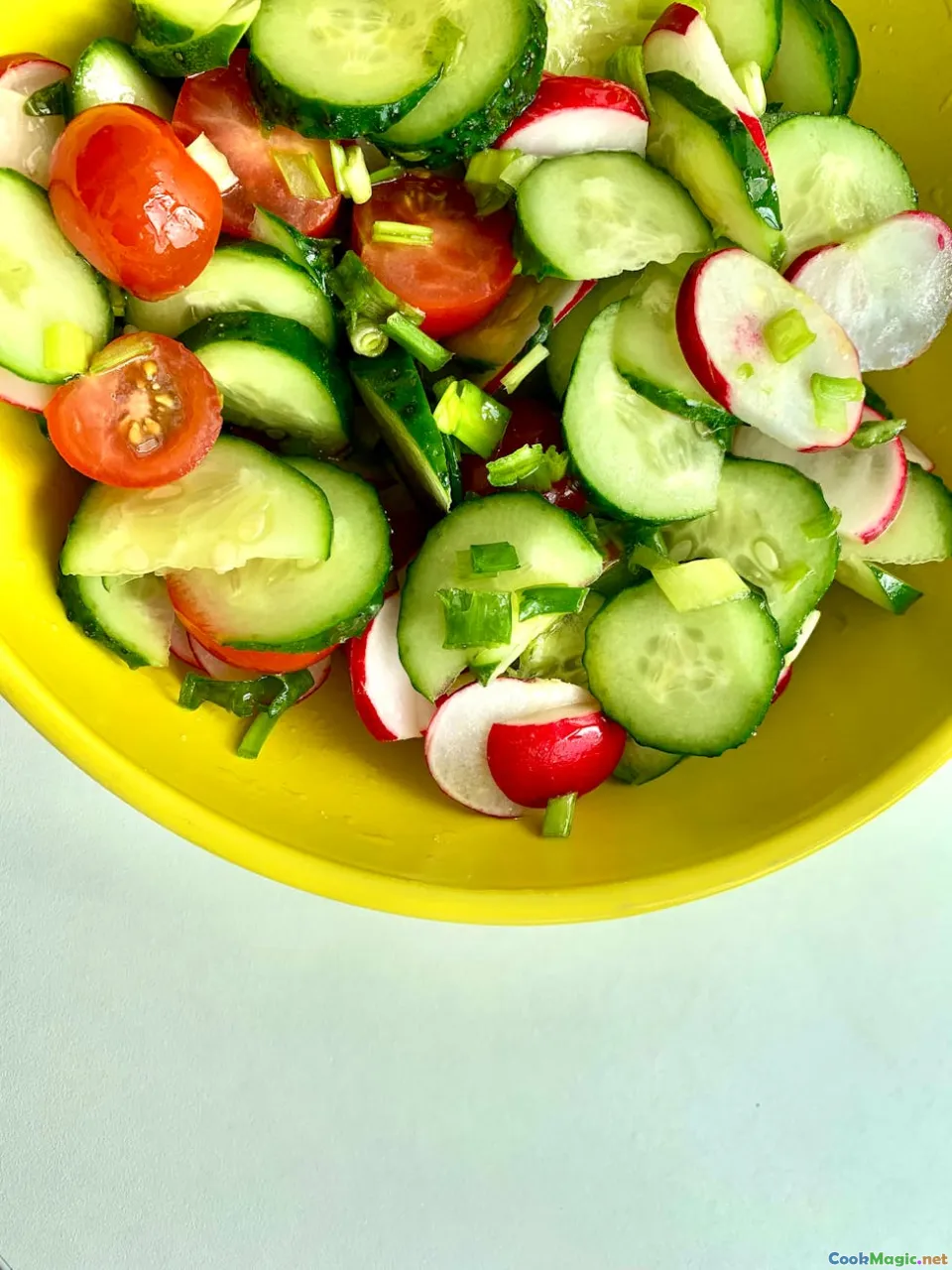The Influence of Rastafarian Ital Cuisine
7 min read Discover how Rastafarian Ital cuisine shapes Jamaican food culture with its plant-based, natural approach, rich flavors, and spiritual roots. May 05, 2025 12:00
The Influence of Rastafarian Ital Cuisine
Imagine walking through the vibrant streets of Kingston, where the aroma of spices, fresh herbs, and roasted vegetables fills the air. Amidst the colorful murals and rhythmic reggae beats, a unique culinary philosophy thrives—Rastafarian Ital cuisine. This diet isn't just about food; it's a spiritual journey rooted in principles of natural living, purity, and resistance. Its influence on Jamaican culinary culture is profound, shaping not only what people eat but how they perceive nourishment, community, and identity.
A Spiritual and Cultural Foundation
The Rastafarian movement, born in Jamaica in the 1930s, is much more than a religious faith; it’s a way of life. Central to this philosophy is the concept of Ital, derived from the word 'vital'—a commitment to eating clean, natural, and unprocessed foods that nourish the body and soul. Ital adherents believe that food should be free from artificial additives, chemicals, and processed ingredients, emphasizing plant-based diets, natural herbs, and whole foods.
This approach is deeply intertwined with Rastafarian principles of Livity—a spiritual way of living in harmony with nature. The Ital diet reflects a rejection of Westernized, processed foods, advocating for a return to natural, unadulterated sustenance that aligns with divine principles. It’s a form of resistance against cultural and environmental exploitation, a reclaiming of indigenous food traditions, and a path toward holistic well-being.
The Culinary Palette of Ital
Fresh, Local, and Organic
At its core, Ital cuisine celebrates the bounty of Jamaica's land and sea. Brightly colored vegetables like callaloo, sweet potatoes, and okra sit alongside ripe mangoes, pineapples, and bananas. Herbs such as thyme, basil, and wild herbs are used generously to infuse dishes with aroma and medicinal properties.
Plant-Based Focus
The cornerstone of Ital cooking is a predominantly plant-based diet. Staples include boiled or steamed vegetables, legumes, grains, and fruits. For protein, adherents often turn to soy, lentils, or peas, and sometimes to fish, but always prepared in a way that preserves its natural integrity.
Natural Seasonings and Cooking Techniques
Instead of relying on salt or artificial flavor enhancers, Ital cuisine emphasizes natural seasonings—ginger, garlic, allspice, and Scotch bonnet peppers. Cooking methods favor steaming, boiling, or grilling to retain nutrients and natural flavors.
Iconic Dishes
- ** Ital Stew**: A hearty, savory stew filled with root vegetables, callaloo, and herbs, slow-cooked to develop deep flavors.
- ** Ackee and Saltfish (modified)**: While traditional Ackee and Saltfish involves salted cod, Ital versions often omit salt or use smoked fish prepared without preservatives, emphasizing fresh ingredients.
- ** Callaloo and Pumpkin Soup**: A warm, comforting dish blending leafy greens with sweet pumpkins seasoned with ginger and herbs.
- ** Fresh Fruit Salads**: Juicy, colorful, and bursting with tropical flavors—perfect for breakfast or a light snack.
The Emotional and Social Impact
For Rastafarians, food is more than sustenance; it’s a spiritual act of cleansing and consciousness-raising. Preparing and sharing Ital meals fosters community bonds and reinforces cultural identity. The emphasis on natural foods also aligns with environmental consciousness, promoting sustainable farming practices and organic cultivation.
Personal stories from Jamaicans who follow Ital reveal a profound sense of vitality and clarity. One devotee, Marcus, shares how adopting Ital cooking transformed his health and outlook: “Eating pure, natural food gave me a new perspective—not just on health but on life itself. It’s about respecting the earth and ourselves.”
The Broader Influence on Jamaican Cuisine
While traditional Jamaican dishes often include salt pork, smoked meats, and processed ingredients, the Ital movement has inspired a shift towards cleaner, more conscious eating. Restaurants and food vendors increasingly incorporate Ital principles, offering vegan or vegetarian options that maintain authentic flavors.
Notable establishments like Veggie Vanin Kingston andPure and Natural in Montego Bay serve authentic Ital dishes, blending local ingredients with Rastafarian philosophy. These places demonstrate how Ital cuisine has evolved from a spiritual practice to a mainstream movement influencing Jamaican food culture.
Personal Reflections and Future Directions
Having traveled across Jamaica and immersed myself in its diverse food landscapes, I’ve seen how Ital cuisine embodies resilience, spirituality, and innovation. It challenges us to reconsider our relationship with food—urging us to choose natural over processed, sustainable over disposable.
The future of Ital cuisine appears vibrant, especially as global audiences seek plant-based, health-conscious diets. Its emphasis on local, organic produce aligns well with contemporary movements toward environmental sustainability and holistic health.
Final Thoughts
Rastafarian Ital cuisine is more than a dietary choice; it’s a cultural expression rooted in history, spirituality, and a profound respect for nature. Its influence extends beyond Jamaica’s borders, inspiring a global appreciation for plant-based, natural foods that nourish both body and spirit. As we embrace the principles of Ital, we participate in a movement that honors tradition, promotes health, and fosters unity—one meal at a time.
Whether you’re a culinary adventurer or someone seeking a healthier lifestyle, exploring Ital cuisine offers a flavorful, meaningful journey into the heart of Jamaican culture and the universal quest for harmony with nature.









